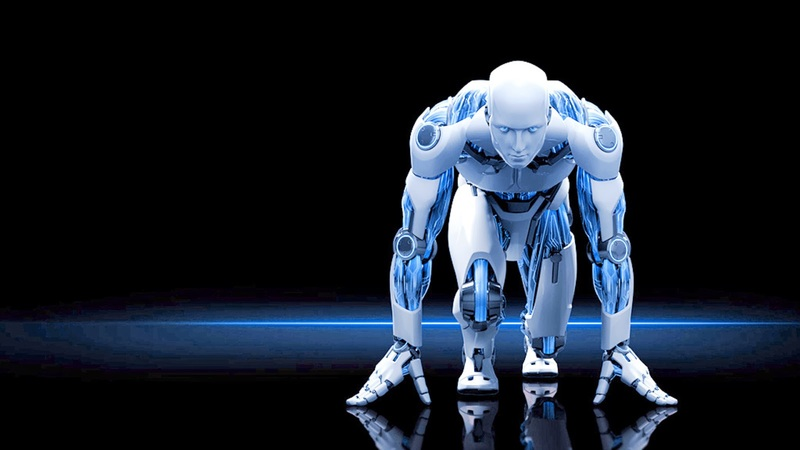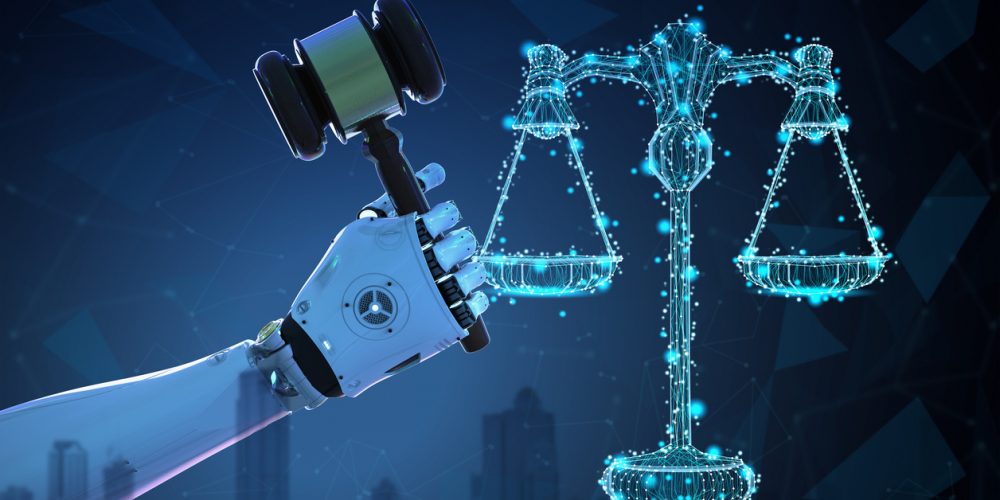
The Effects of Artificial Intelligence on Sports
Artificial intelligence (AI) is a computer’s ability to mimic intelligent human behavior such as thought, speech recognition, and decision making. AI has been at the forefront of modern technology for decades, and its effects are being felt in just about every industry worldwide.
People are still yet to figure out how big role AI technology will play in the future, but it’s already making revolutionary changes in sectors like healthcare, agriculture, banking, and so many others.
Businesses globally have also seen big profits from AI, and the infographic by the team at TechJury shows a possible 40% increase in productivity for businesses that use AI technology.
Another industry to have richly benefited from intelligent technology in recent years has been sports. Just like in other sectors, the technology’s major aim in sports is to increase productivity and effectiveness through increased video data analysis, enhanced player training and performance, better officiating, and lots more.
Sports like basketball, football, and rugby are very different to what they were a few decades ago thanks to the AI technology, with the use of Video Assistant Referees at the FIFA World Cup being the latest example of how technology is positively impacting sports.
It is probably fair to say that most athletes and teams in modern sport rely on AI and the latest tech just to keep up with their competitions.
Here are a few ways AI technology is impacting modern sports.
Scouting, Player Health, and Performance Enhancement
Wearables have brought a whole new level of access to player performance data. Sensors worn in jerseys and player gear now help coaches track movement patterns of players in sports like football and basketball. This is even used to monitor serving patterns in sports like tennis and badminton.
The Arccos Caddie is golf’s first AI assistant which assists players on what club to use, what direction to hit into, and a lot more based on weather, player ability, distance to the hole, and more. This helps coaches train athletes more effectively and keep them ahead of the competition.
They also help in keeping players healthy and tracking which have been put under the severe workload. AI technologies like the ‘Connexion Kiosk’ have already made their debut in the NBA.
They analyze players’ past and current health data, enabling a team’s medical personnel to keep track of their injury history and better prevent future setbacks.
Another example is an AI developed by researchers in Montreal that can now detect long-lasting concussions for NFL and MLS players, which helps prevent potential brain damages.
These wearable AI techs also mean that the days of coaches traveling thousands of miles to scout a young player may soon be firmly behind us.
The US Soccer Federation, for example, has hired Irish wearable company STATSports to supply tech for all four million registered players in the US, creating the world’s largest player data monitoring program.
This strategy will soon spread to other parts of the world and other sports. All a coach will need is the data of a player he wishes to scout, and he will gain access to his medical history, playing pattern, training regimes, and playing statistics.
Officiating and Refereeing
Officiating and refereeing have long been one of the most controversial parts of sports. Did the ball cross the line? Was that a red card? Did the referee favor the home team? AI technology has been implemented in sports to ensure these questions no longer need to be asked by fans, coaches, or players.
Football, in particular, has seen an influx of technology in recent years, with the Goal Decision System (GDS) making its debut at the 2014 FIFA World Cup to enable referees to know if the ball had crossed the goal line.
Video Assistant Referees (VAR) was also introduced at the 2018 edition of the FIFA tournament to remove all controversy in regards to refereeing decisions by enabling them to cross-check decisions with other referees.
Sensors and AI tech to aid referees and umpires have long been used in sports like tennis, swimming, and hockey. Cricket fans will be familiar with Hawkeye’s ball-tracking technology. These are all aimed at helping referees make decisions that may have been lost to the naked human eye initially.
Fan Engagement and Customer Service
The AI tech is a vital part of being a modern sports fan. There are so many aspects of being a Lakers, Manchester United, or Rafael Nadal fan that have improved thanks to modern technology.
AI helps control crowds at sports venues (which was a big problem in the 20th century) through accurate and easy ticket sales online, as well as bringing fans closer to favorite sports teams and stars through video and audio footage of off-field events, statistics, etc.
A perfect example of this is the Kings Artificial Intelligence (KAI), a Facebook chatbot that provides fans with any information they wish to know about NBA’s Sacramento Kings. KAI will provide them with answers to all their questions and inquiries about the team’s roster, stats, home ground, and more.
The bot will answer just about any question relevant to the team, from who the highest scorer is, to where you can get a sandwich at home games.
Conclusion:
Sports is by no means the only industry transformed by the AI revolution but is surely one of the most interesting industries it’s being applied to. The Sacramento Kings are just one of the thousands of sports franchises taking advantage of AI by using tech to increase fan engagement.
It’s one of the many ways that AI is altering the sports industry and will remain a fixture in sports for years to come.



